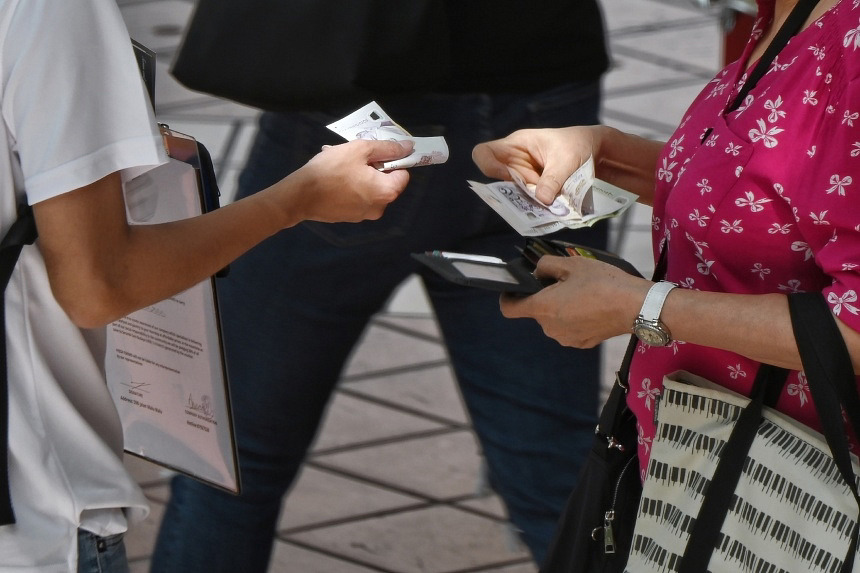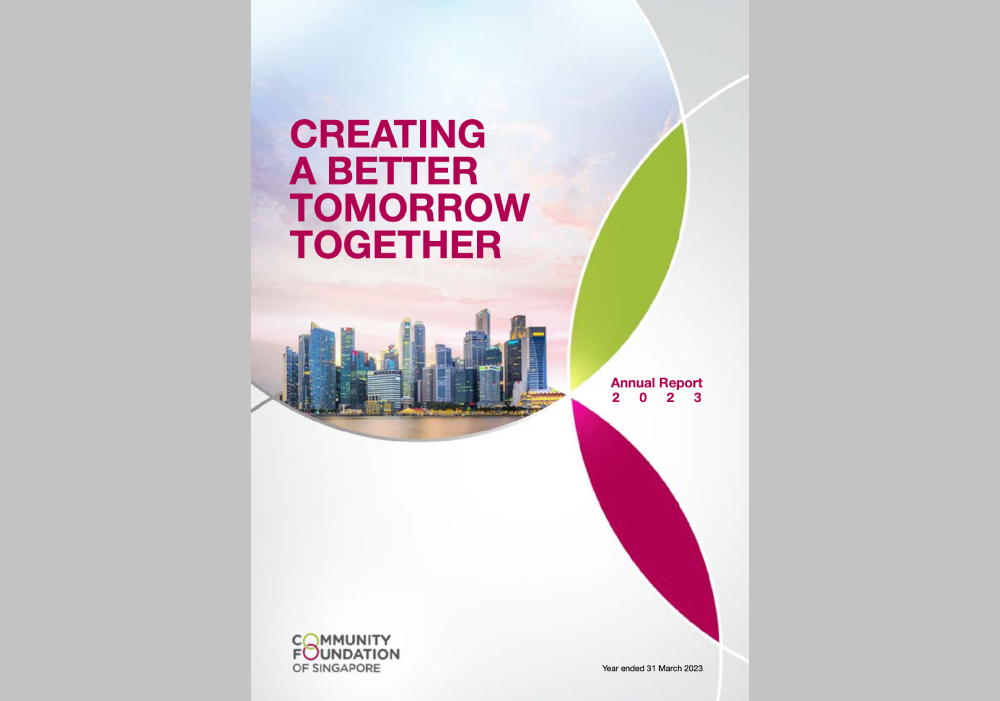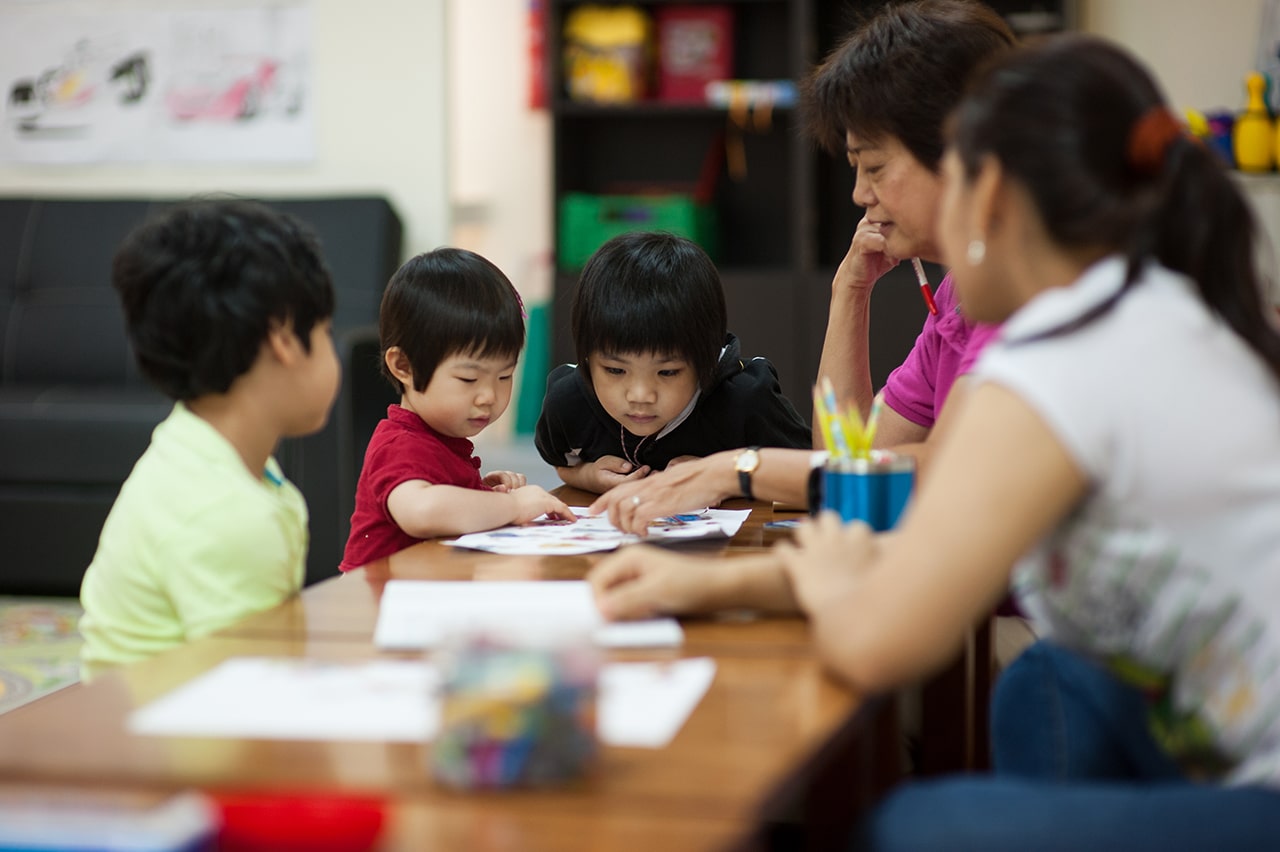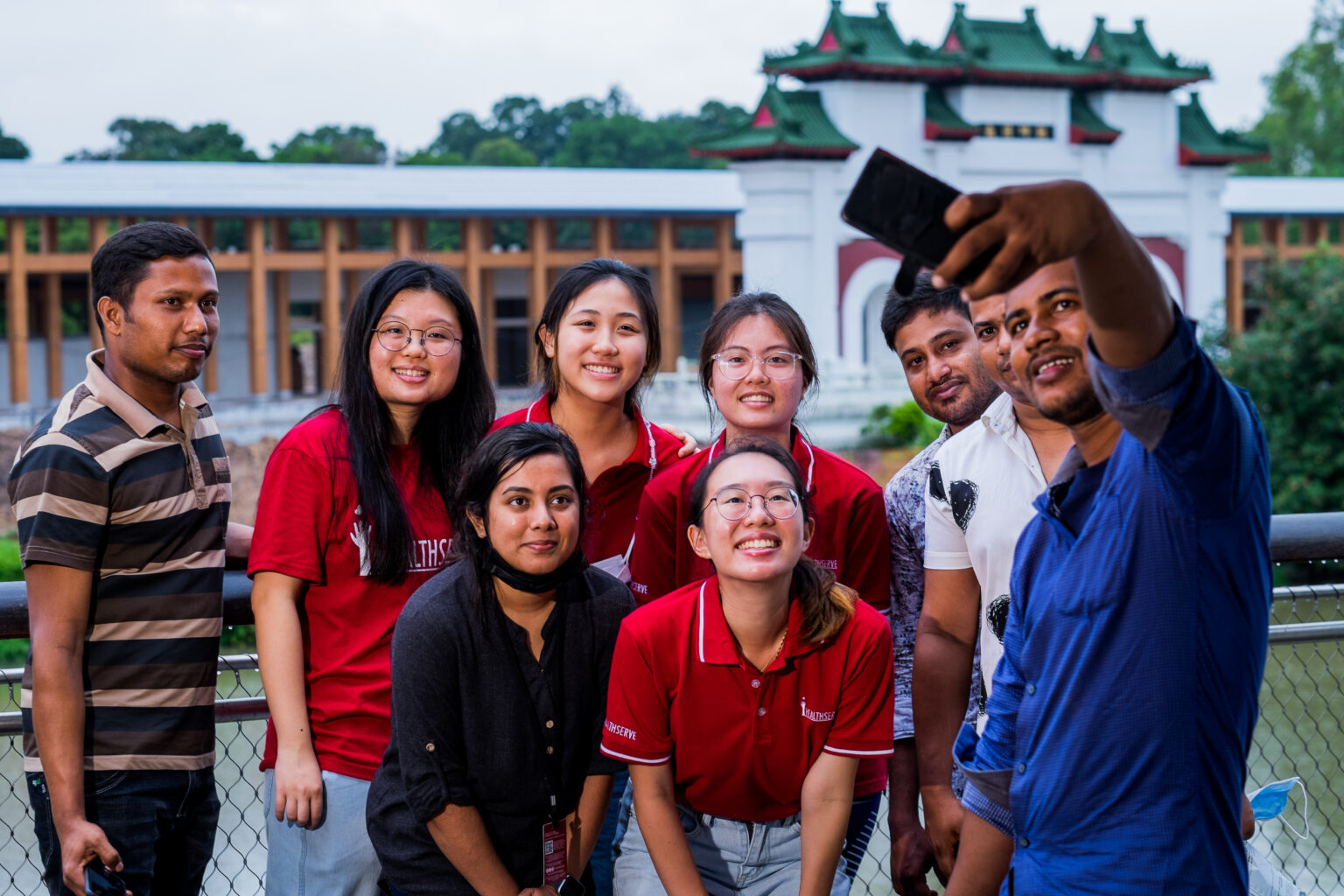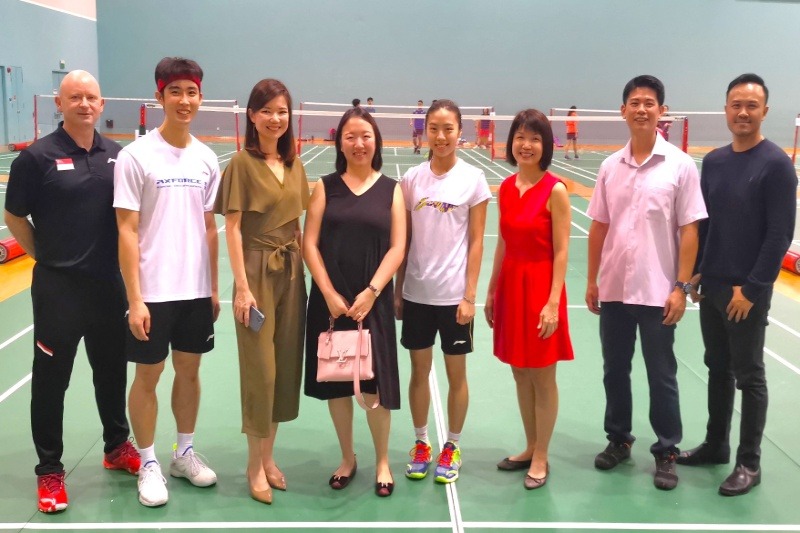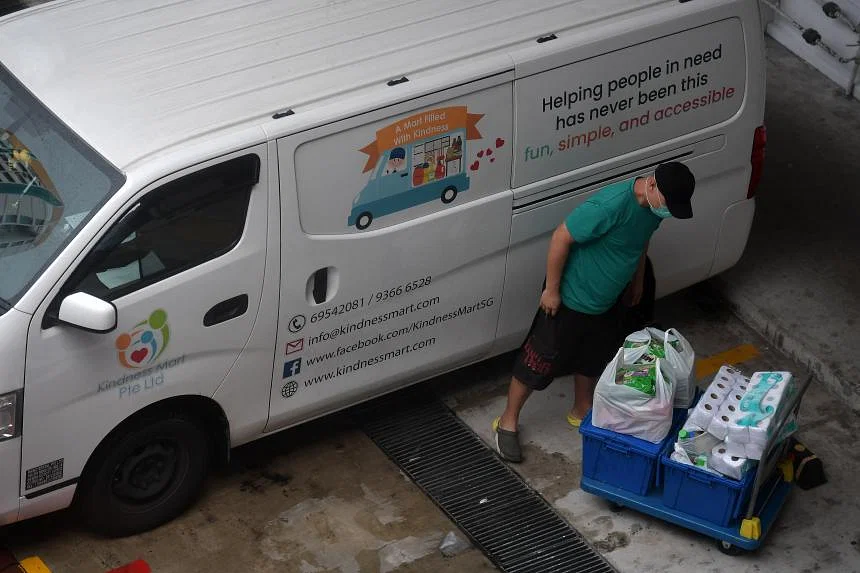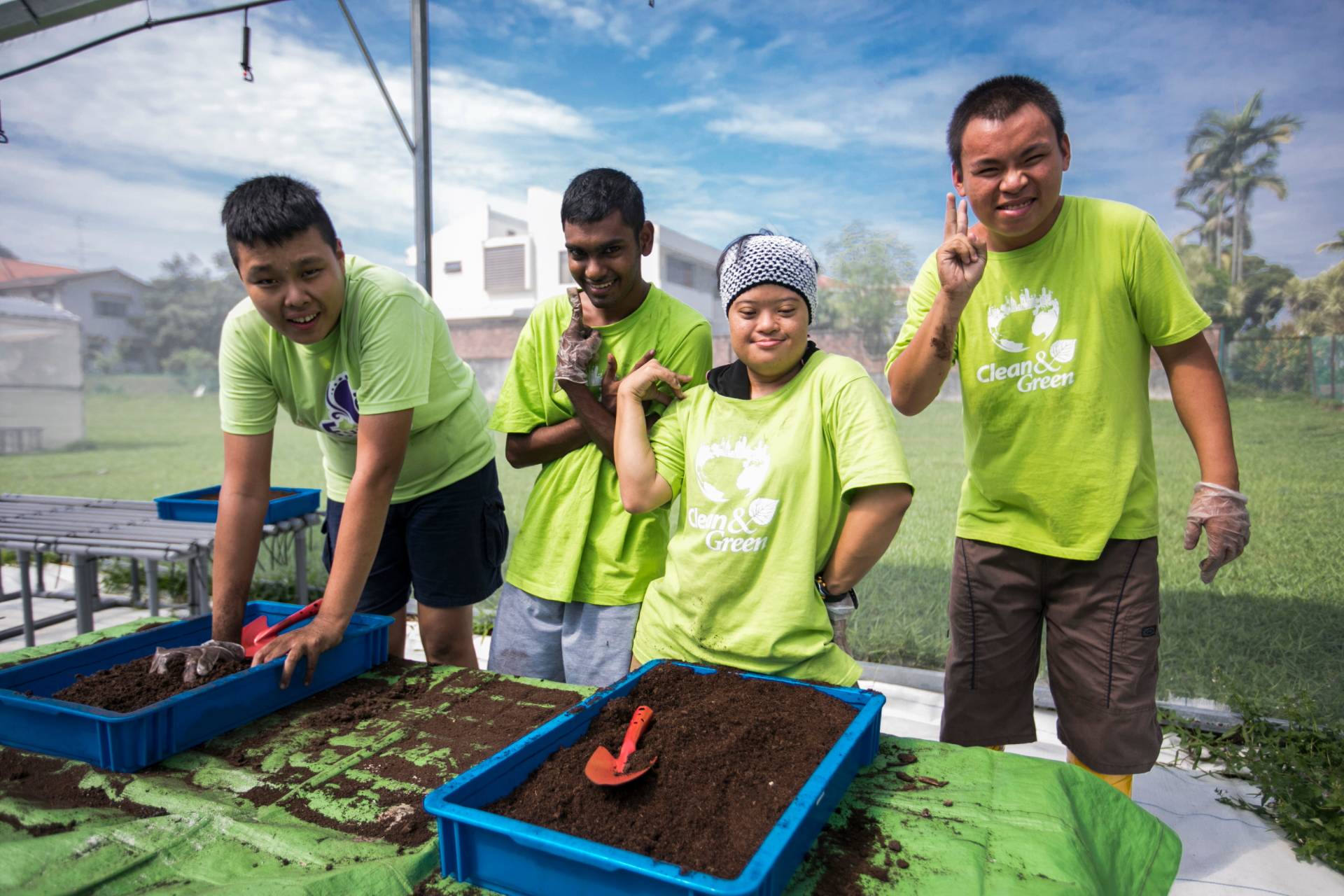Opinion
Accessing Quality Education: Beyond the Classroom Walls

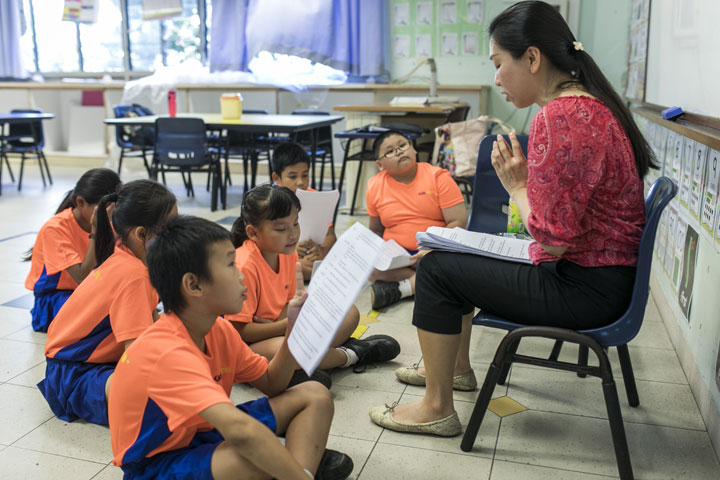
The education of a generation is an extensive and complex undertaking.
Consider the span of time it takes to bring a single individual from nursery and preschool, through the primary and secondary school levels to the various branches of tertiary education. This journey could range from at least 12 years to almost three decades for the dedicated academic.
Keep in mind the need to cater to the individual’s development along the entire stretch in terms of how he or she learns, their psychosocial, physical, emotional and mental health, and their attitudes during the learning process. Now multiply that by over 30,000 for the number of students in each cohort year in Singapore, and you get a sense of the seemingly impossible task that faces the Ministry of Education.
The 32,000 plus teachers in Singapore (MOE, 2021) are doing a highly commendable job as it is. Singapore is ranked 21st in the latest education ranking of the Best Countries Report (World Population Review, 2022) and topped the world in the 2018 Global Competence test, conducted as part of the Programme for International Student Assessment (ST, 2020).
The Singapore education system also has facilities and options for those with learning disabilities, allowing those with conditions such as autism and Down syndrome to obtain a formal education, with pathways to employment for those who are able to do so.
There is a plethora of exit points for those who graduate from the education system here. Besides those with learning disabilities, one could complete formal education after attaining a polytechnic diploma, a university degree or even a doctorate.
While some of that depends on their innate aptitude for study, the students’ early childhood education plays a large part. While it is compulsory for all Singaporean citizens to attend primary school (MOE, 2021), the same is not true for preschool.
Government statistics reflect that nearly 99% of children in Singapore would have at least some preschool education by the age of six (MSF, 2016). This is commendable, but many still do not get the essential foundation that preschools offer, which leads in part to the learning difficulties (not to be confused with disabilities) that some children may face in keeping pace with their peers (Channel News Asia, 2019).
Learning difficulties are when a child, whose IQ is not affected, finds it challenging to learn in a particular way (MyLife Care, 2018). It could stem from conditions such as dyslexia or psychological issues such as anxiety and depression, inhibiting the child’s learning abilities and approach to studies.
Children with learning difficulties face problems with literacy and numeracy (Raising Children, 2021), which is an issue as English and Mathematics are the two core subjects that determine entry into post-secondary education.
Fortunately, there are many groups who are supporting children and youth struggling with primary and secondary school education. Although they are not teachers per se, the programme staff and volunteers of these groups are helping children with learning difficulties, who are usually from challenging backgrounds, to improve their academic abilities.
For instance, social enterprise Catch Them Young’s programme KidsExcel is partnering with the Lions Community Service Foundation to help primary- and secondary-going school children in their academic curriculum.
KidsExcel complements their tutoring time with workshops in sports and drama, which motivates the children to improve academically and to enjoy these popular activities offered by KidsExcel staff.
“I love interacting with the kids and I want to make a positive impact in their lives,” enthuses volunteer Ms Joycelyn Fung. “I have forged good relationships with the children and their parents. In the two years I have been here, it has been very fulfilling and rewarding to see the kids develop and grow.”
Resilience is a clear lesson learnt by KidsExcel care recipients, with 10-year-old Syakir stating that he would never give up in his pursuits, while 12-year-old Elfie proclaims: “I will never stop when I am tired, but will stop when I am done.”
Staff Madam Haznita shares: “It has been a joy working with the kids. Some came with little confidence and had difficulties adjusting, so we needed to spend time getting to know them better and help them settle. It is very rewarding to know they look forward to KidsExcel classes and seeing them every week. This is what motivates me.”
Another programme, Reading Odyssey by SHINE Children and Youth Services, helps to boost children’s literary abilities by inculcating a love for stories through story-telling and literature-related activities.
Taking these children onto journeys of the imagination to improve their linguistic capabilities are volunteers Bee Peng and Natasha. Every week, they tap into their dramatis personae and bring stories to life for the children.
“I like everything in Reading Odyssey, especially the games,” says P2 student beneficiary Kim Yan. “Teacher Bee Peng helps me to understand how the games are played. She is kind and patient. I thank her for teaching me.”
Bee Peng says: “I believe in the quality of Reading Odyssey; it has a positive impact on the lives of the children and has elements of character building. And I truly enjoy interacting with the children.”
Another P2 child, Divinya, demonstrates her newfound verbosity: “I like the games in Reading Odyssey and the snacks given out. My teacher Natasha helps me with reading unfamiliar words. If I don’t know the words, she helps me to pronounce them and tells me the meaning of the words. She is always present for the sessions, she never absents herself. She is always there for me. Thank you teacher, for teaching me and giving me lots of stars.” Divinya also expressed a wish for Natasha to continue teaching her in Reading Odyssey, a testament to the positive impact that even volunteers can have on our children.
A volunteer since 2017, Natasha believes in the programme’s aim of elevating the children’s self-confidence through learning and reading: “There are many opportunities to interact with the children via discussion of the stories, which allows me to journey with them and help them improve.”
Regardless of their motivation, it is clear from the number of children going through such programmes—about 350 and 180 annually from the KidsExcel and Reading Odyssey programmes—that programme staff and volunteers for such extracurricular activities are just as much teachers to our children as educators in school.
If you would like to support programmes such Reading Odyssey and KidsExcel in providing quality education to our children and make a difference in their lives, please visit Ways to give.
This article was written CFS Principal Consultant Reutens-Tan. He is an experienced sustainability advocate and practitioner, working closely with charities to build thriving communities, which he believes is key to a sustainable Singapore.
Disclaimer: The opinions expressed in this publication are those of the author. They do not purport to reflect the opinions or views of CFS or its members.
References
Channel New Asia. (15 September 2019). Commentary: Long-neglected but now in the spotlight, Singapore’s pre-school sector. https://www.channelnewsasia.com/commentary/pre-school-enhanced-subsidies-access-moe-kindergartens-859951
Ministry of Education. (18 October 2021). Compulsory education.
https://www.moe.gov.sg/primary/compulsory-education#:~:text=All%20Singapore%20Citizens%20born%20after,deferment%20to%20enter%20Primary%201.
Ministry of Education. (Accessed 26 July 2022). Education Statistics Digest 2021.
https:/www.moe.gov.sg/-/media/files/about-us/education-statistics-digest-2021.ashx?la=en&hash=9E7EFD9B8088817C207F8AE797037AAA2A49F167
MyLife Care. (20 September 2018). What Is The Difference Between ‘Learning Difficulties’ And ‘Learning Disabilities’? https://mylifehomecare.co.uk/insight/learning-difficulties-learning-disabilities-difference/#:~:text=a%20learning%20disability%20constitutes%20a,overall%20IQ%20of%20an%20individual
Raising Children. (2 July 2021). Learning difficulties and learning disorders: children and teenagers.
https://raisingchildren.net.au/school-age/school-learning/learning-difficulties/learning-disabilities-signs-and-support
The Straits Times. (22 October 2020). Singapore’s 15-year-olds top OECD’s Pisa global competence test.
https://str.sg/J62f
World Population Review. (Accessed 26 July 2022). Education Rankings by Country 2022.
https://worldpopulationreview.com/country-rankings/education-rankings-by-country
- Related Topics For You: ACCESSING QUALITY EDUCATION, CHARITY STORIES, CHILDREN, DONOR STORIES, EDUCATION, OPINION, PERSONS WITH DISABILITIES, STORIES OF IMPACT, YOUTH
Trending Stories
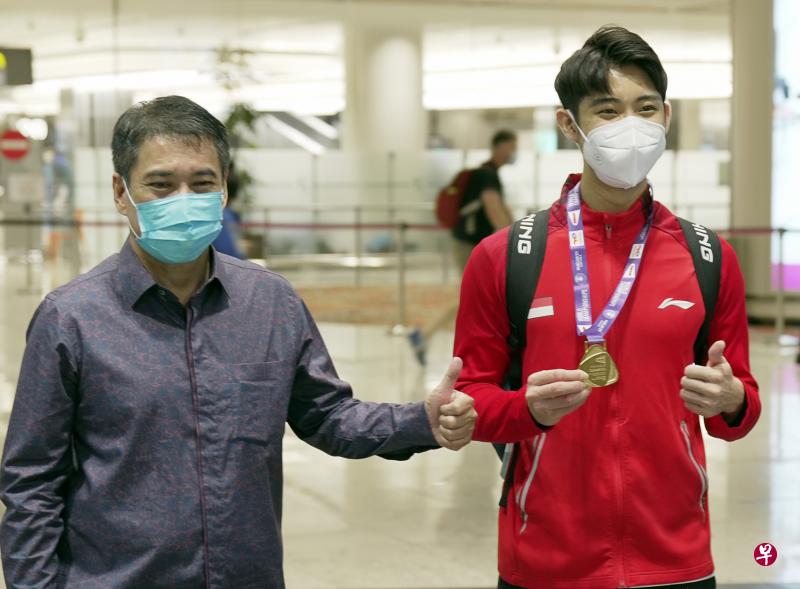

Karim Family Foundation: Donor-Advised Fund Raises $200,000 to Support Local Sports Champion Loh Kean Yew
Karim Family Foundation: Donor-Advised Fund Raises $200,000 to Support Local Sports Champion Loh Kean Yew
In December 2021, 24-year-old Loh Kean Yew became the first Singaporean to win the Badminton...


‘I thought I couldn’t go through any more of it’: Cancer patient gets help after insurer says ‘no’ to $33k bill
‘I thought I couldn’t go through any more of it’: Cancer patient gets help after insurer says ‘no’ to $33k bill
Good Samaritans have stepped forward to help a cancer patient, who hopes to spend more...

